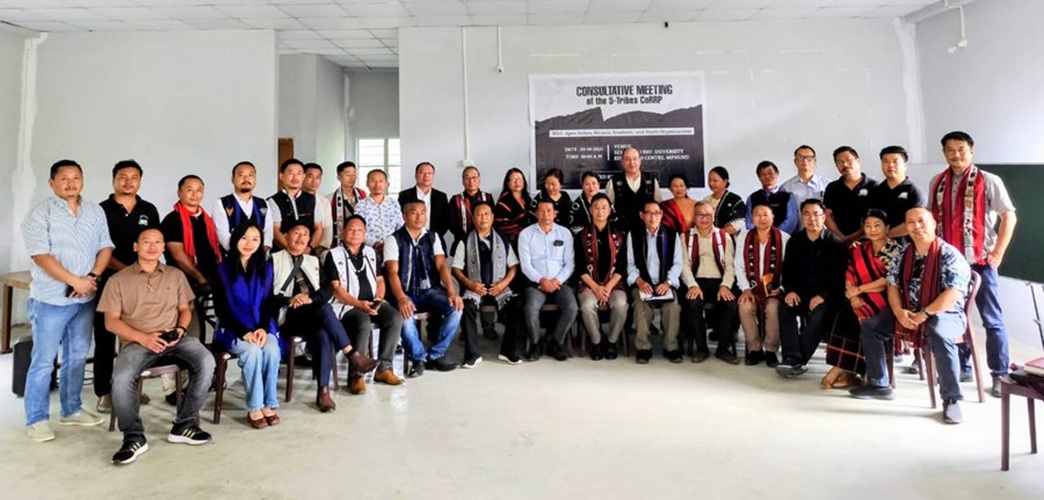Kohima: The Committee on Review of Reservation Policy (CoRRP), representing five major Naga tribes, has withdrawn its boycott of all state government functions after the Nagaland Cabinet agreed to key demands concerning the state’s reservation policy review.
The committee — comprising the Ao, Angami, Lotha, Rengma, and Sumi tribes — had sought to rename the Job Reservation Commission as the Commission for Review of Reservation Policy and expand its scope beyond employment-related issues.
The state cabinet formally accepted these proposals on October 16.
In a joint statement, CoRRP convenor Tesinlo Semy and member secretary G K Zhimomi said the decision to lift the boycott was taken after a consultative meeting attended by representatives of all five tribal apex bodies and their affiliated units.
“The cabinet’s resolution aligns with the representation we submitted on September 24, calling for a wider mechanism to examine the reservation framework across sectors,” the statement said, adding that the tribes have expressed readiness to cooperate with the reconstituted commission.
The boycott, which had been in force since August 15, has now been officially withdrawn, marking the end of months of agitation.
The call for a review of Nagaland’s reservation system, introduced in 1977, gained momentum earlier this year when the five tribes demanded a reassessment of the decades-old policy.
They argued that the framework no longer reflects the state’s changing socio-economic and educational landscape.
The CoRRP organised two major rounds of protests — one on May 29 across district headquarters and another on July 9 in Kohima, where thousands demonstrated outside the Civil Secretariat.
The committee had also refused to participate in Independence Day celebrations as part of its non-cooperation stance.
ALSO READ: US outfits IRI and NDI back in Dhaka; hold meetings with American diplomats
The state government had earlier constituted a five-member Job Reservation Committee to review the policy, but the tribes pressed for a change in name and mandate, saying their demand covered all forms of reservation, not just employment quotas.
Nagaland’s reservation policy currently provides 37 per cent reservation in non-technical and non-gazetted posts — 25 per cent for the seven Eastern Nagaland Backward Tribes and 12 per cent for four other backward tribes.
The policy, initially meant for 10 years, has remained in force for over four decades.
With the cabinet’s recent decision, the CoRRP’s months-long standoff with the state government appears to have reached a resolution, paving the way for a broader review of Nagaland’s reservation system.















